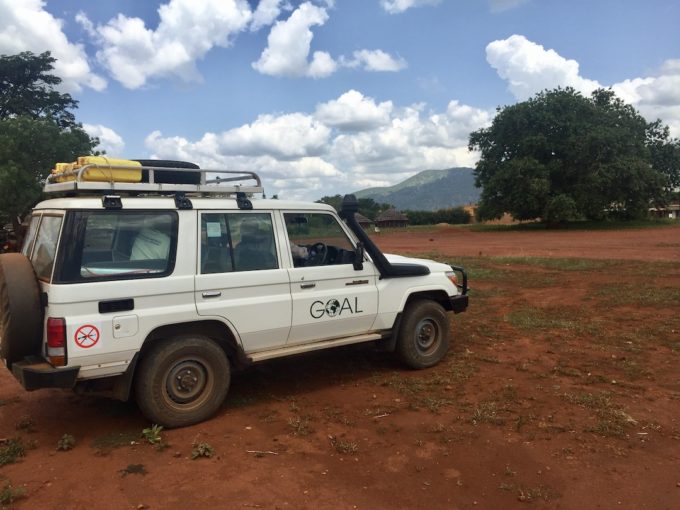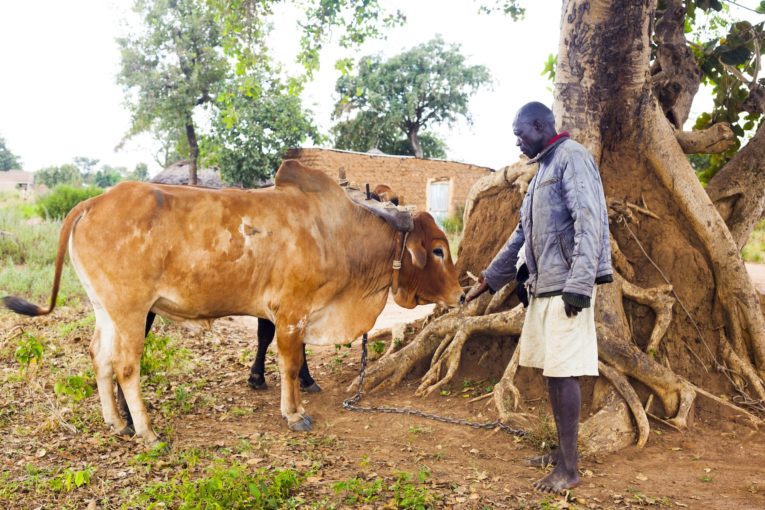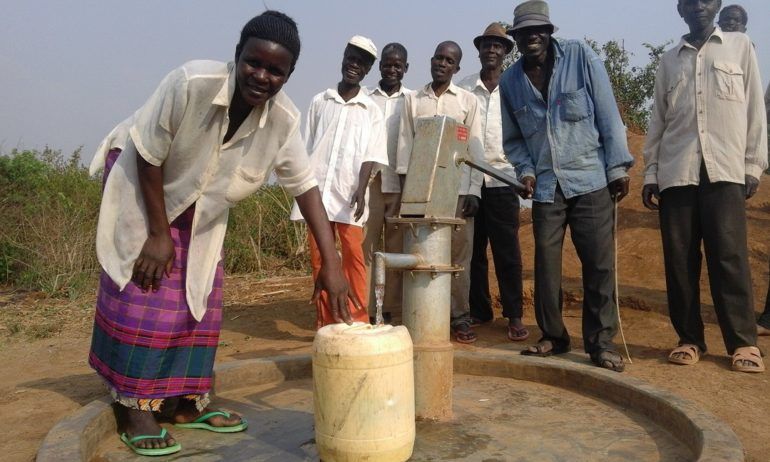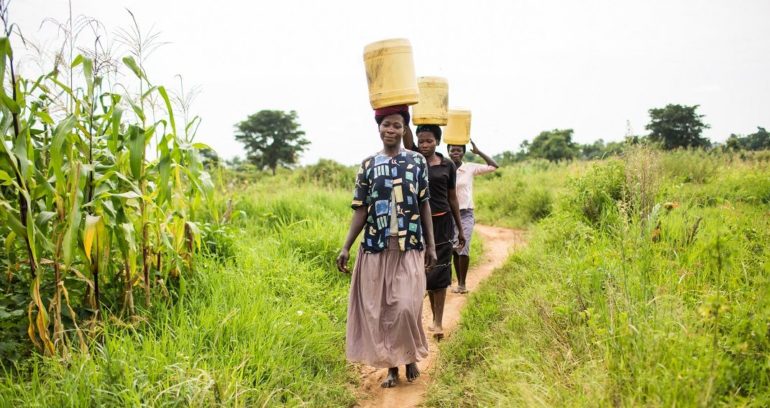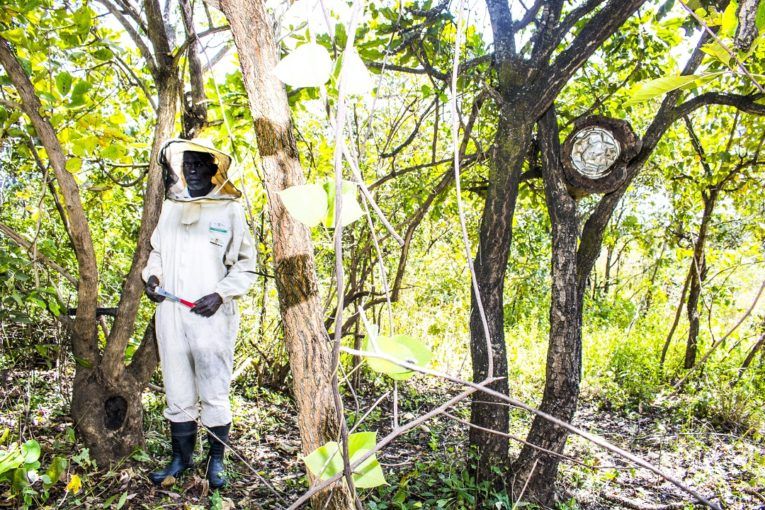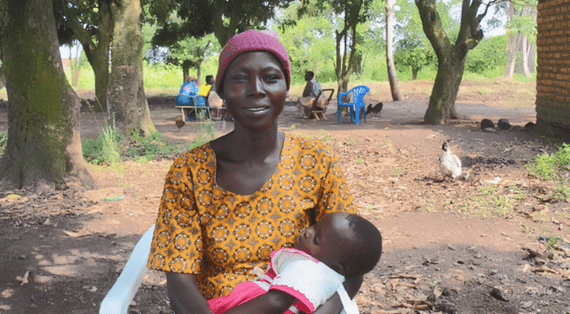GOAL has been working in Uganda since 1979. With a programme expenditure of €8.2M in 2023, more than 120 staff work across six office locations. Together they deliver humanitarian and sustainable development programmes that build community resilience and support socio-economic growth. Within this, there is an active focus on health, WASH and agricultural livelihoods.
Looking to the future, GOAL is committed to facing the challenge of climate change and to safeguarding the health and economic security of local communities.
Our achievements
- In 2022, GOAL reached over 150,000 people in Uganda with Food Security and Nutrition interventions
- To date, the Markets For Youth Programme has helped c. 89,000 young people transition into decent work.
- Over 88,000 people were supported by GOAL's health programming in 2022. A further 22,000+ people were provided with critical curative nutrition support.
- Almost 60,000 people were reached with GOAL's Water, Sanitation & Hygiene (WASH) programming in Uganda last year.
